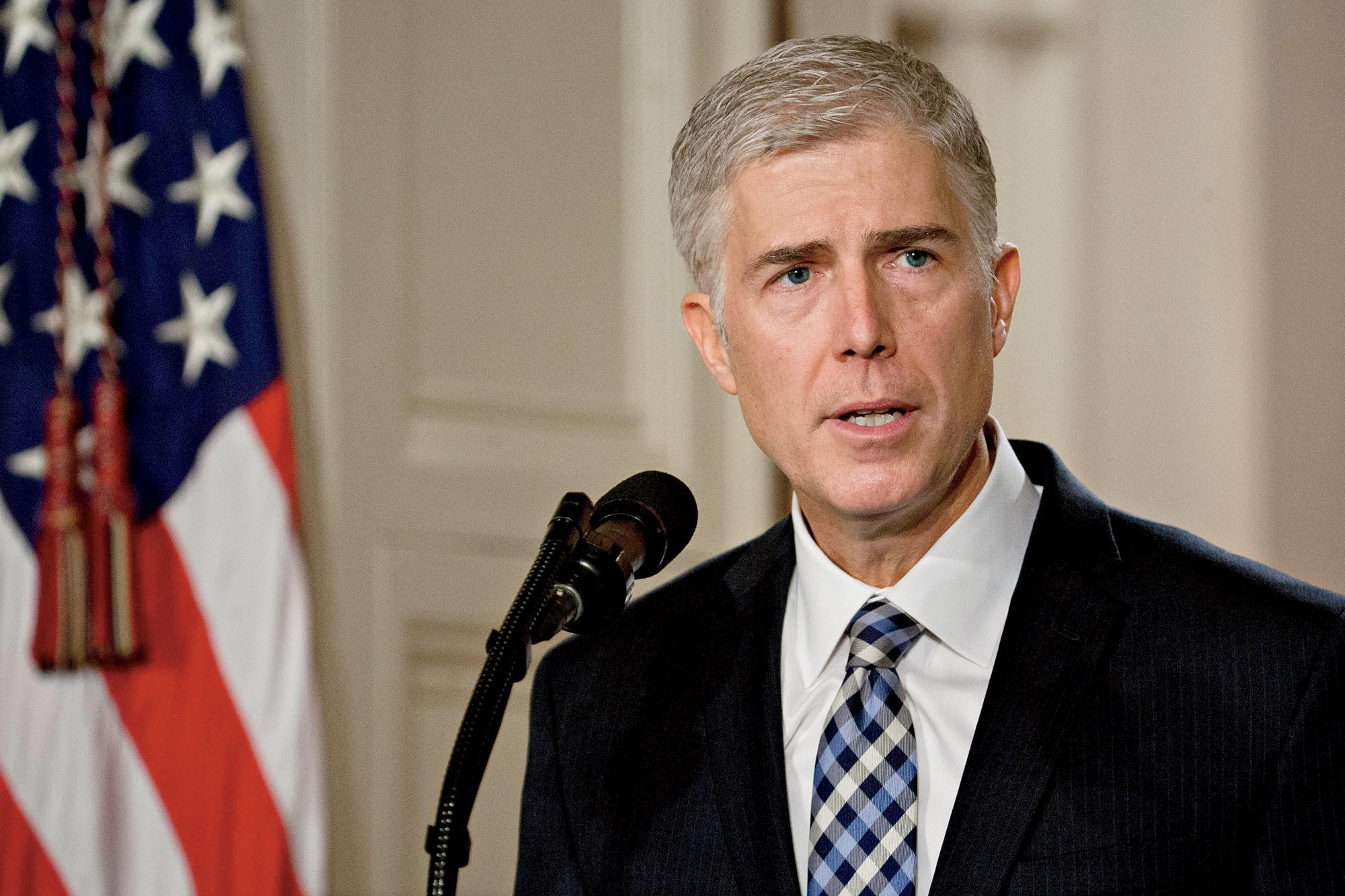President Donald Trump has nominated Neil Gorsuch ’88CC, a federal appellate judge from Colorado, to the US Supreme Court.
At Columbia, Gorsuch was a weekly columnist for the Spectator and a founding editor of the Federalist. This alternative student newspaper, “in the tradition of Hamilton and Jay,” was originally called the Federalist Paper and was intended to offer a broad spectrum of viewpoints on controversial issues. At both publications, Gorsuch exhibited traits for which he would later be famous: intellectual rigor, excellent writing, and conservative values. On a largely liberal campus, Gorsuch’s right-leaning tendencies stood out and had a lasting influence; as a 1989 Spectator article noted, “The key focal point of contemporary conservatism at Columbia was the establishment of the Federalist Paper in 1986.”
Gorsuch graduated from Columbia in just three years and then attended Harvard Law School, where he was in the same class as Barack Obama ’83CC. Gorsuch clerked for Supreme Court justices Byron White and Anthony Kennedy, and he later received a DPhil from the University of Oxford, where he conducted research on the ethical and legal implications of assisted suicide and euthanasia. Gorsuch was nominated to his current seat on the US Court of Appeals for the Tenth Circuit by President George W. Bush in 2006.
Like Justice Antonin Scalia, whose seat has been vacant since his death last February, Gorsuch adheres to a strict interpretation of the Constitution. He is a proponent of originalism (the idea that the Constitution should be interpreted as it was perceived when it was enacted) and textualism (the idea that laws should be interpreted literally, without considering legislative history).
Gorsuch is best known for his opinions in the Hobby Lobby and Little Sisters of the Poor cases, which challenged the contraceptive mandate of the Affordable Care Act. In both cases, which ultimately went to the Supreme Court, Gorsuch took the side of the plaintiffs on the grounds of religious freedom. As he wrote in his concurrence to the Hobby Lobby decision, the law “doesn’t just apply to protect popular religious beliefs: it does perhaps its most important work in protecting unpopular religious beliefs, vindicating this nation’s long-held aspiration to serve as a refuge of religious tolerance.”



